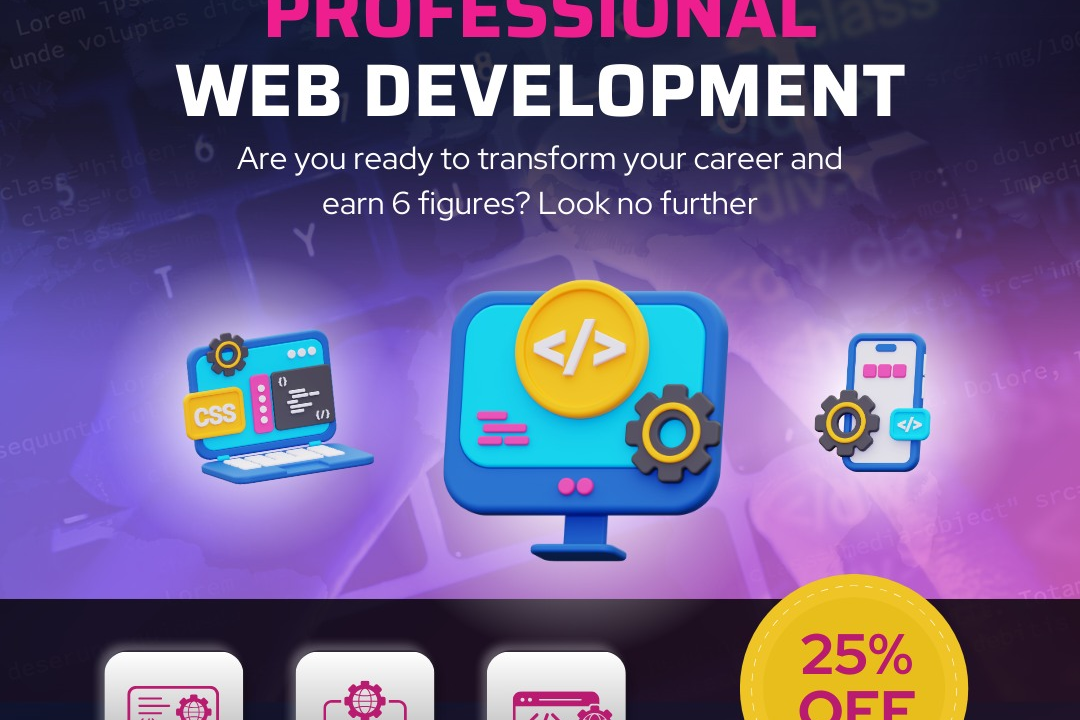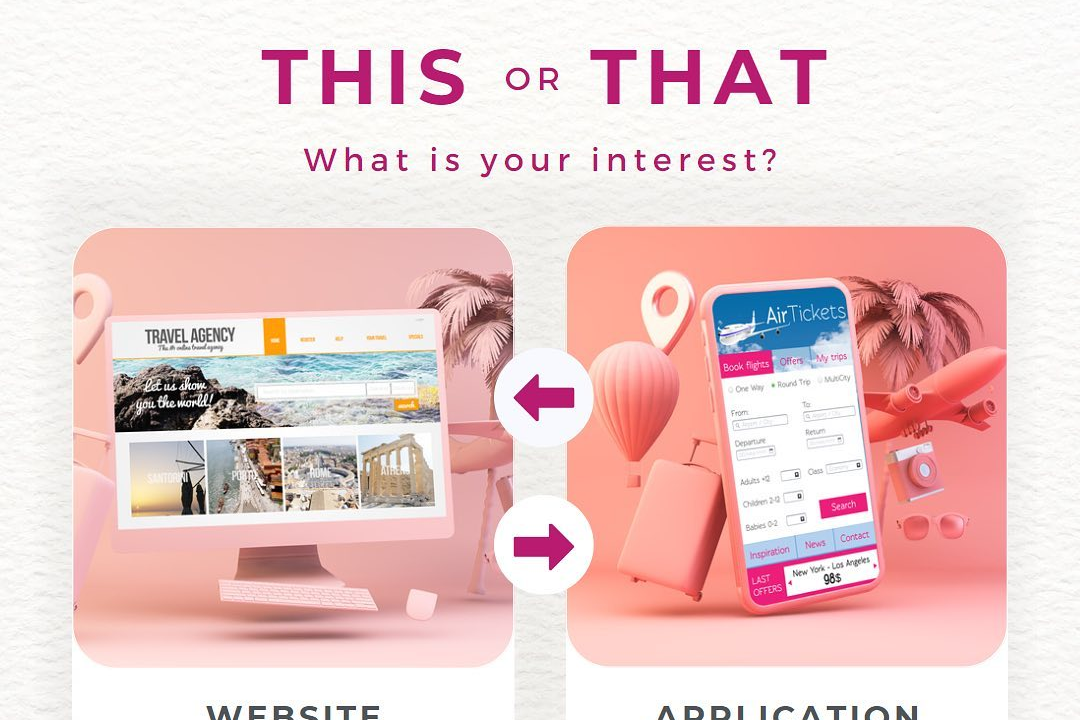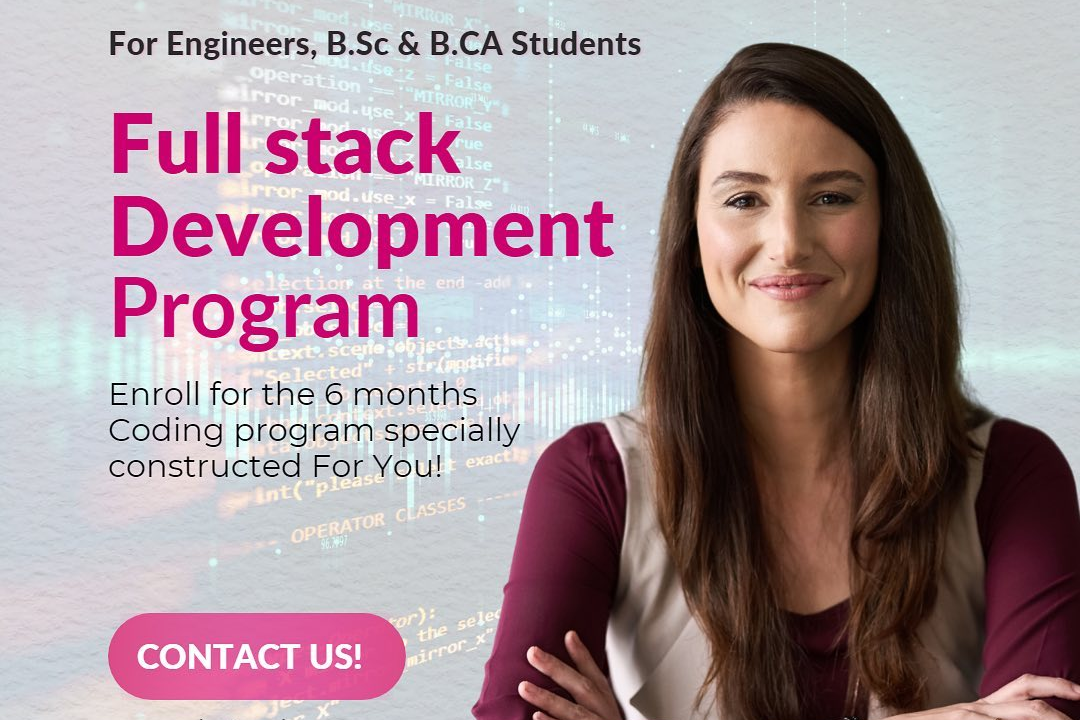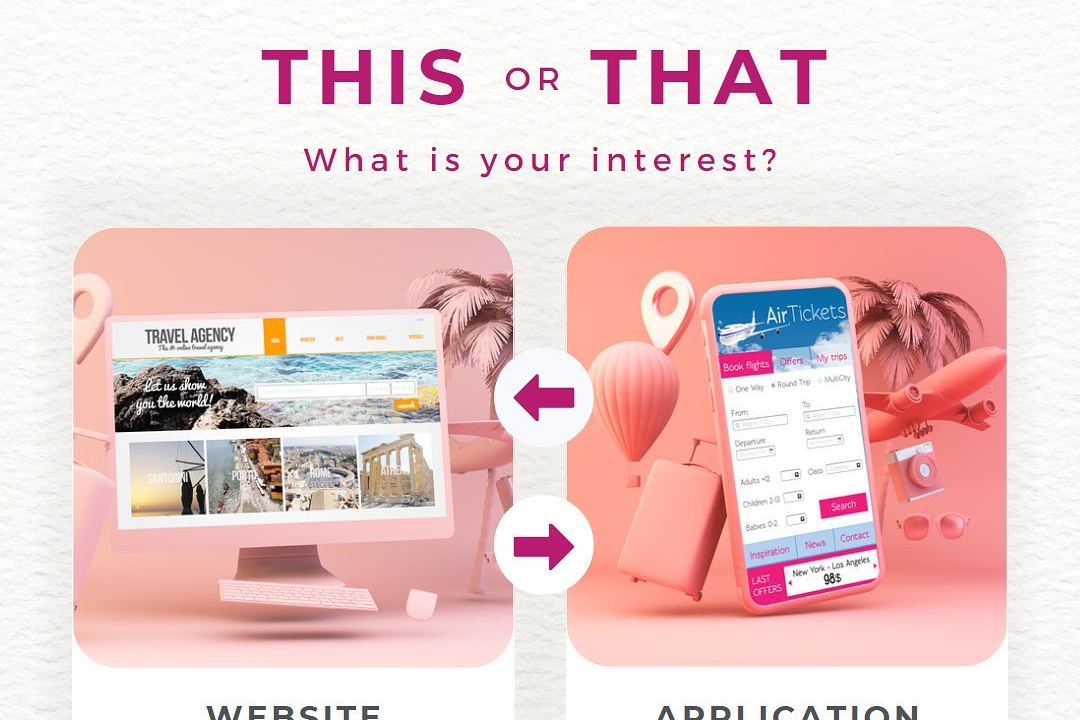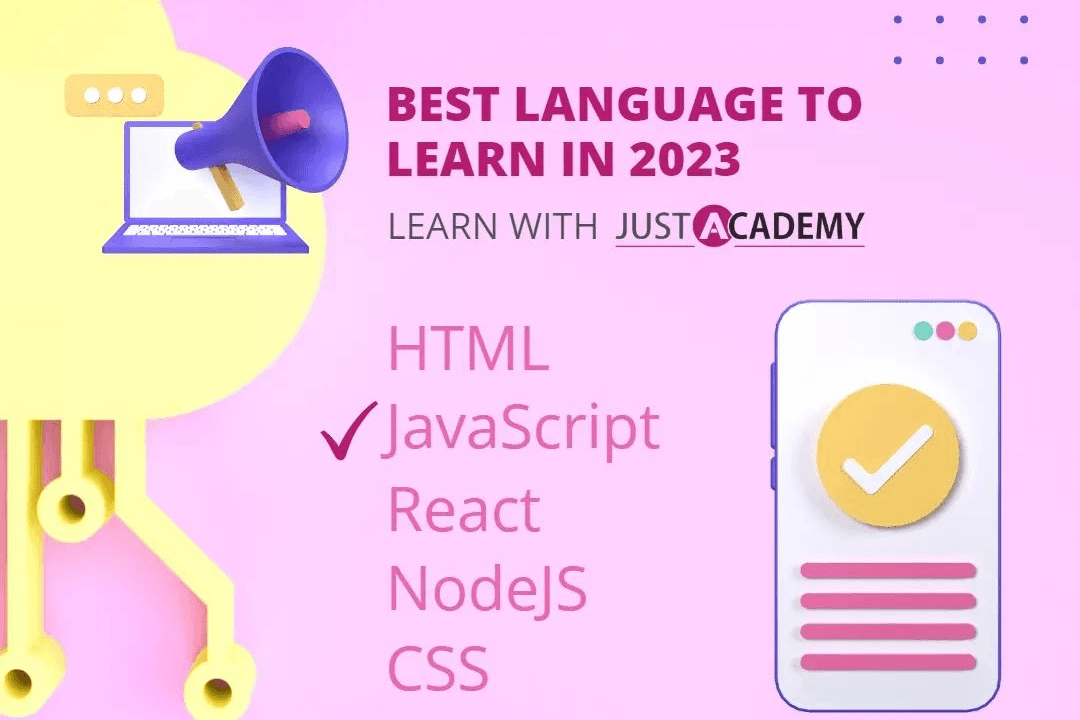Interview Questions For Flutter
Top Interview Questions for Flutter Developers
Interview Questions For Flutter
Interview questions for Flutter are invaluable for assessing candidates' knowledge and skills in this cutting-edge mobile app development framework. By asking specific questions about Flutter's architectural design, declarative UI, state management, and platform integration, interviewers can gauge the applicant's understanding of the framework's strengths and nuances. Moreover, these questions help identify candidates with a deep understanding of reactive programming, animation techniques, and cross-platform development principles, ensuring the selection of highly capable and experienced Flutter developers.
To Download Our Brochure: https://www.justacademy.co/download-brochure-for-free
Message us for more information: +91 9987184296
1 - What is Flutter, and what are its key features?
Flutter is an open source UI framework from Google for building beautiful, natively compiled applications for mobile, web, and desktop from a single codebase. Its key features include hot reload, custom widgets, reactive programming, and platform specific APIs.
2) Explain the architecture of a Flutter application.
Flutter applications are structured using a widget tree, where each widget represents a part of the user interface. The widgets are composed together to create complex layouts and behaviors. The framework manages the state and lifecycle of the widgets, providing a reactive and declarative programming model.
3) How does Flutter handle state management?
Flutter uses a reactive state management pattern known as BLoC (Business Logic Components). BLoC components encapsulate the business logic and provide a way to manage the state of the application in a centralized and predictable manner.
4) Describe the different types of widgets in Flutter.
Flutter has two main types of widgets: stateless and stateful. Stateless widgets are immutable and do not hold any state. Stateful widgets can maintain state and rebuild themselves when the state changes.
5) How does Flutter handle asynchronous tasks?
Flutter uses Futures and Streams to handle asynchronous operations. Futures represent a single asynchronous operation that eventually completes with a result or error. Streams represent a sequence of asynchronous events that can be listened to.
6) What are some of the performance optimization techniques for Flutter applications?
Performance optimizations for Flutter applications include using stateless widgets, minimizing the widget tree depth, avoiding expensive operations in the build method, using lazy loading, and optimizing images and network requests.
7) How do you handle navigation in Flutter applications?
Flutter provides a navigation system that allows for easy and efficient navigation between different screens and widgets. The Navigator widget is used to manage the navigation stack and control the flow of the application.
8) What are the best practices for designing Flutter widgets?
Best practices for designing Flutter widgets include creating reusable and composable widgets, using named constructors for customizing widget instances, providing clear and concise documentation, and adhering to the Flutter style guide.
9) Explain how to integrate third party libraries into a Flutter application.
To integrate third party libraries into a Flutter application, you need to add the corresponding dependency to the pubspec.yaml file and import the library into your code. You may also need to make platform specific changes or handle specific dependencies on different platforms.
10) Describe how to deploy a Flutter application to a mobile device.
To deploy a Flutter application to a mobile device, you need to build the application for the target platform (iOS or Android) using the flutter build command. Once built, you can install the application on your device using the appropriate method for your platform.
11 - What are the advantages of using Flutter for mobile development?
Flutter offers several advantages for mobile development, including faster development time due to hot reload and live coding, a single codebase for multiple platforms, a rich set of widgets for building custom UIs, and high performance comparable to native applications.
12) How do you handle data persistence in Flutter applications?
Flutter provides several options for data persistence, including using SQLite databases with the sqflite package, storing data in shared preferences using the shared_preferences package, and using cloud storage services such as Firebase.
13) Explain the concept of routing in Flutter applications.
Routing in Flutter enables you to navigate between different screens or pages in your application. It allows you to define routes and associate them with specific widgets or screens, enabling you to handle transitions and manage the application's navigation flow.
14) How do you handle user input in Flutter applications?
Flutter provides robust support for handling user input from various sources, including gestures, taps, and text input. You can use GestureDetector widgets to detect gestures, implement callbacks for button taps, and use text controllers to handle text input from text fields or forms.
15) Describe the role of the Bloc pattern in Flutter applications.
The Bloc pattern is a state management design pattern that helps organize and simplify the management of application state in Flutter. It involves creating BLoC (Business Logic Component) classes that handle specific parts of the application's state and provide a centralized way to handle events and updates.
- Play more games. The more games you play, the more points you will earn.
- Win more games.* Winning games earns you more points than losing games.
- Complete daily challenges.* Daily challenges are short, easy tasks that you can complete to earn extra points.
- Invite friends to play.* When you invite friends to play, you will both earn bonus points.
- Use power ups.* Power ups can help you win more games and earn more points.
- Purchase bonus points.* You can purchase bonus points with real money.
- Course Overview
- This comprehensive course delves into the essential interview questions for Flutter developers, covering fundamental concepts, advanced techniques, and best practices. It provides a thorough understanding of the Flutter framework, its architecture, and the key challenges faced during interviews.
- Course Description
- This comprehensive course delves into the fundamental and advanced interview questions frequently asked for Flutter, a popular mobile app development framework. It covers topics such as UI and UX design, state management, platform-specific considerations, performance optimization, and more. By mastering the concepts and practicing the interview questions, you will gain the confidence and knowledge necessary to excel in Flutter job interviews.
- Key Features
- 1 - Comprehensive Tool Coverage: Provides hands-on training with a range of industry-standard testing tools, including Selenium, JIRA, LoadRunner, and TestRail.
- 2) Practical Exercises: Features real-world exercises and case studies to apply tools in various testing scenarios.
- 3) Interactive Learning: Includes interactive sessions with industry experts for personalized feedback and guidance.
- 4) Detailed Tutorials: Offers extensive tutorials and documentation on tool functionalities and best practices.
- 5) Advanced Techniques: Covers both fundamental and advanced techniques for using testing tools effectively.
- 6) Data Visualization: Integrates tools for visualizing test metrics and results, enhancing data interpretation and decision-making.
- 7) Tool Integration: Teaches how to integrate testing tools into the software development lifecycle for streamlined workflows.
- 8) Project-Based Learning: Focuses on project-based learning to build practical skills and create a portfolio of completed tasks.
- 9) Career Support: Provides resources and support for applying learned skills to real-world job scenarios, including resume building and interview preparation.
- 10) Up-to-Date Content: Ensures that course materials reflect the latest industry standards and tool updates.
Benefits of taking our course
Functional Tools
Tools Used in the Course “Interview Questions for Flutter”:
- Flutter: A free and open source UI framework for creating native like apps for mobile, web, and desktop.
- Offers a consistent programming language and API for all platforms.
- Enables rapid development and deployment of cross platform applications.
- 2. Android Studio / Xcode: Integrated development environments (IDEs) used for developing Android and iOS apps respectively.
- Provide advanced code editing, debugging, and profiling features.
- Integrate seamlessly with Flutter for a comprehensive development experience.
- 3. Firestore: A NoSQL database service from Google used for storing and syncing data in real time.
- Offers a flexible data model, automatic synchronization, and offline capabilities.
- Enables the implementation of robust data management in Flutter applications.
- 4. Firebase Authentication: A service for managing user authentication in Flutter apps.
- Supports multiple authentication providers like email, Google, and Facebook.
- Provides a secure and reliable way to handle user login and account management.
- 5. Google Cloud Storage: A cloud based object storage service for storing and accessing files.
- Enables the storage and retrieval of images, videos, and other files in Flutter apps.
- Provides scalable and cost effective storage solutions for large amounts of data.
- 6. Bloc: A state management library for Flutter that follows the reactive programming paradigm.
- Improves code organization and maintainability by separating UI state from the business logic.
- Promotes the creation of testable and scalable Flutter applications.
- Play more games. The more games you play, the more points you'll earn.
- Win more games.* Winning games earns you more points than losing games.
- Complete daily and weekly challenges.* Completing these challenges earns you bonus points.
- Use power ups.* Power ups can help you win more games and earn more points.
- Join a clan.* Joining a clan gives you access to clan rewards, which can include bonus points.
Browse our course links : https://www.justacademy.co/all-courses
To Join our FREE DEMO Session:
This information is sourced from JustAcademy
Contact Info:
Roshan Chaturvedi
Message us on Whatsapp:
Email id: info@justacademy.co



